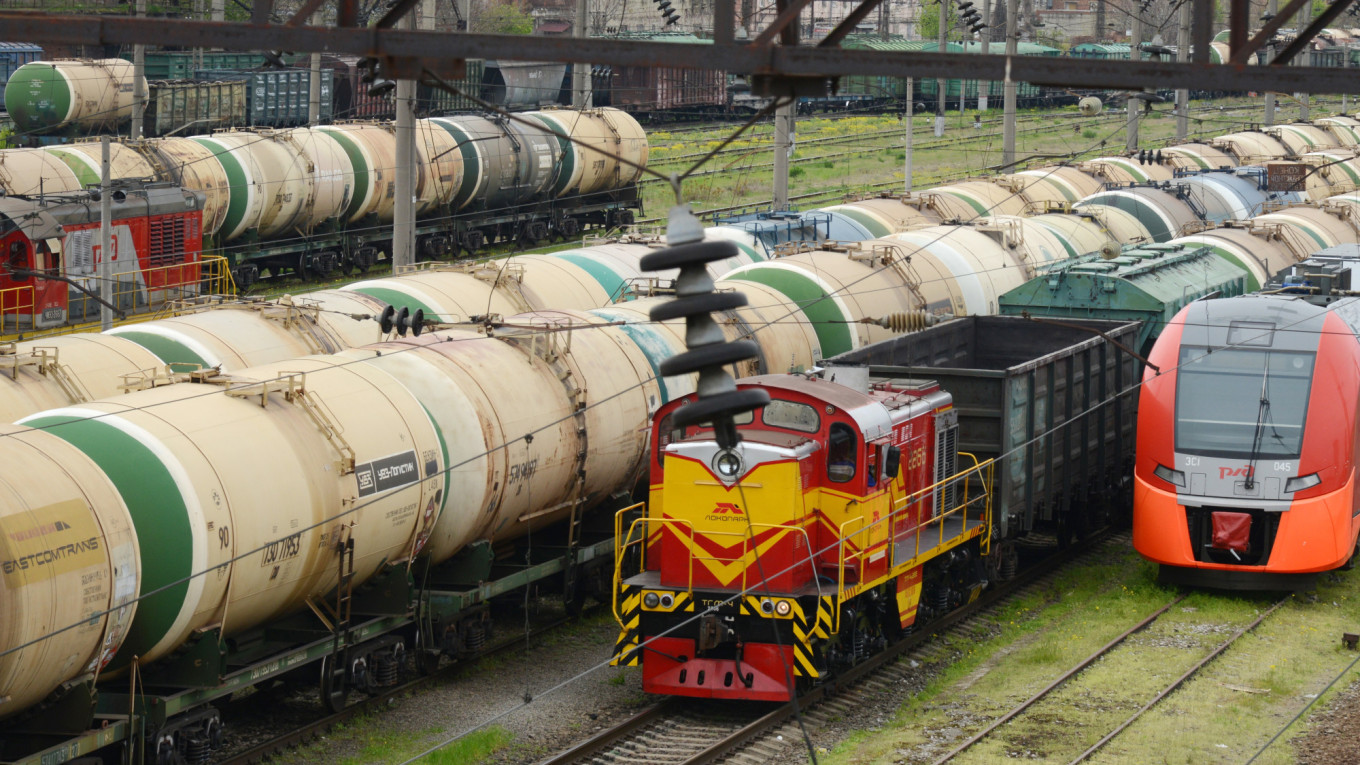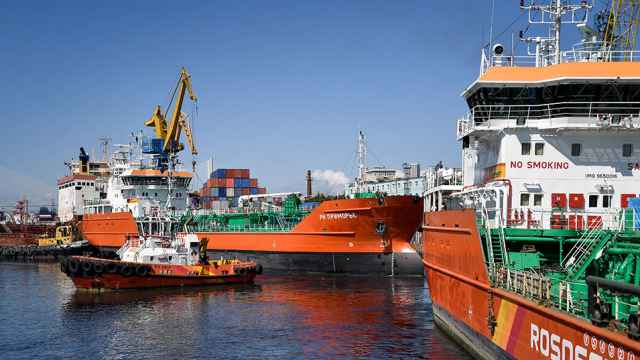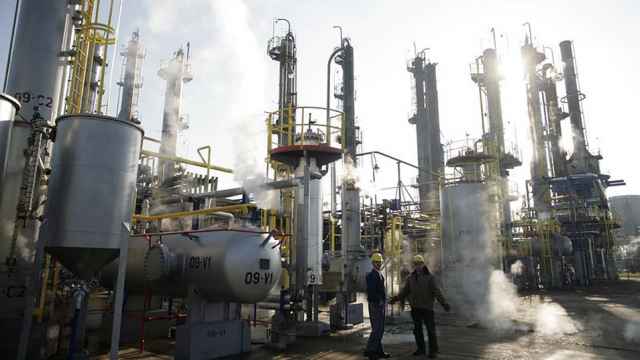Moscow began exporting fuel products to Iran by rail for the first time earlier this year after its main purchasers stopped importing Russian fuel in the wake of the invasion of Ukraine, Reuters reported on Tuesday, citing three industry sources and export data.
Now both subject to strict Western sanctions, Russia and Iran have increasingly been trading with each other in order to keep their embargoed economies afloat.
While Russia's Deputy Prime Minister Alexander Novak announced that Iran would begin importing Russian oil in the fall, the first deliveries only began earlier this year, Reuters reported.
In February and March, Moscow supplied up to 30,000 tons of gasoline and diesel to Iran by rail via Kazakhstan and Turkmenistan, Reuters said, citing two sources familiar with export data.
A third source confirmed the delivery but was unable to confirm the volume of the sale.
One of the Reuters sources said that some of the Russian gasoline deliveries were subsequently sent from Iran by truck to neighboring states, including Iraq.
In the past Moscow has supplied small volumes of fuel by oil tanker across the Caspian Sea to Iran, which despite being an oil producer itself has recently experienced fuel shortages, two traders familiar with the matter told Reuters.
While the decision to deliver fuel by rail is believed to be linked to high freight costs and an oil price cap imposed by the G7 countries on exports by sea, rail exports come with their own set of problems.
"We expect fuel supplies to Iran to rise this year, but we already see several issues with logistics due to rail congestion. That may keep exports from booming," one of the sources told Reuters.
A Message from The Moscow Times:
Dear readers,
We are facing unprecedented challenges. Russia's Prosecutor General's Office has designated The Moscow Times as an "undesirable" organization, criminalizing our work and putting our staff at risk of prosecution. This follows our earlier unjust labeling as a "foreign agent."
These actions are direct attempts to silence independent journalism in Russia. The authorities claim our work "discredits the decisions of the Russian leadership." We see things differently: we strive to provide accurate, unbiased reporting on Russia.
We, the journalists of The Moscow Times, refuse to be silenced. But to continue our work, we need your help.
Your support, no matter how small, makes a world of difference. If you can, please support us monthly starting from just $2. It's quick to set up, and every contribution makes a significant impact.
By supporting The Moscow Times, you're defending open, independent journalism in the face of repression. Thank you for standing with us.
Remind me later.






